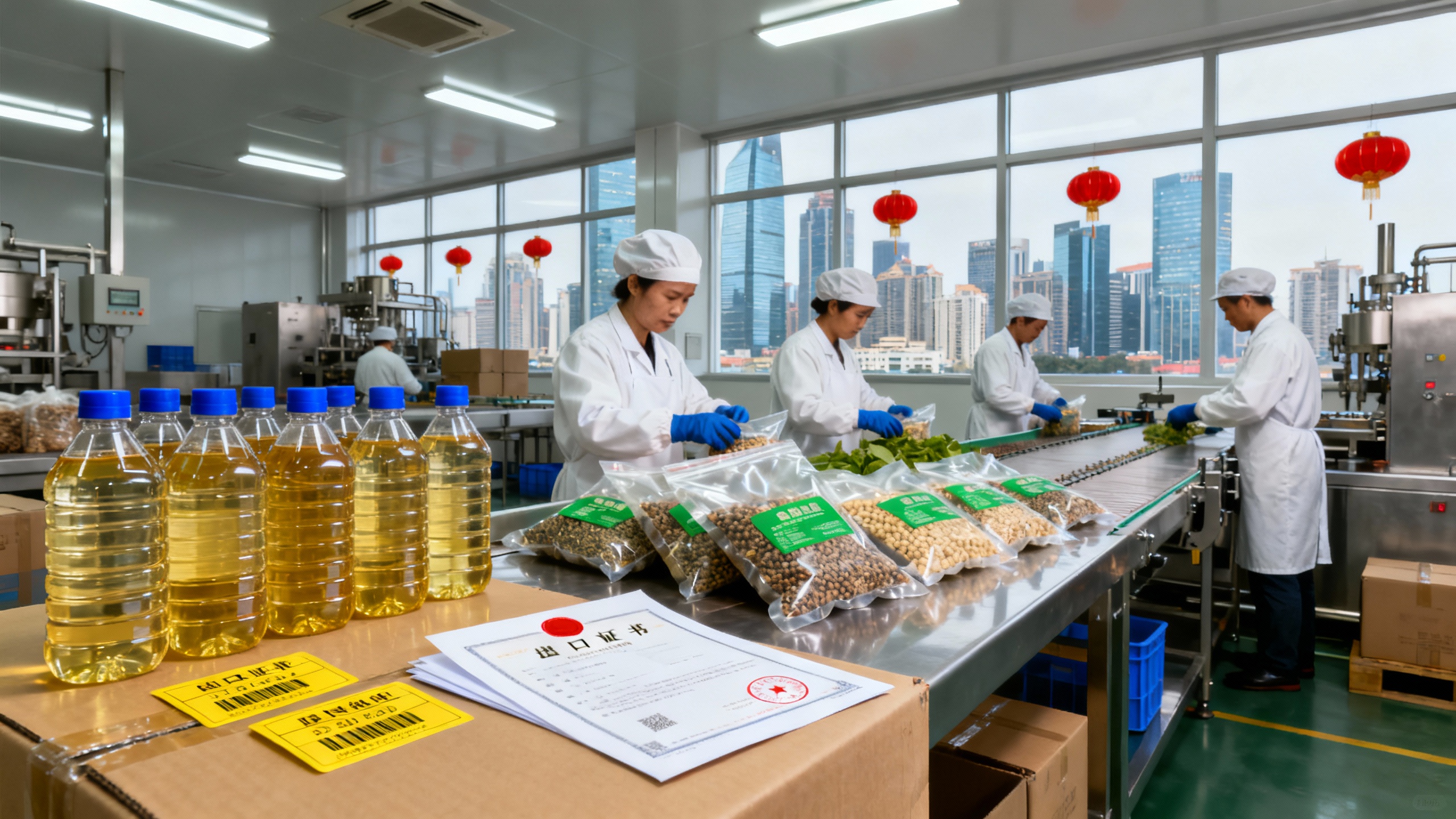India’s Food Safety and Standards Authority (FSSAI) has propelled the nation’s growing interest in hempseed-derived foods to the forefront with a decisive set of standards and compliance pathways. In 2025, these reforms, together with fresh requirements such as the Vegan Foods Amendment, are signaling an unprecedented opportunity—but also new diligence—for exporters looking to reach the Indian market. This article explores the regulatory landscape, compliance obligations, and actionable steps for those seeking FSSAI hemp foods India compliance.
Understanding FSSAI’s 2025 Hemp Food Framework
What’s Now Permitted—and What’s Not
The major breakthrough is FSSAI’s recognition of hempseed, hempseed flour, hempseed oil, and hempseed protein as legitimate food products. However, there are strict limits on residual cannabinoids:
- THC (Tetrahydrocannabinol): Levels must not exceed those specified by FSSAI—typically below psychoactive thresholds to ensure food safety.
- CBD (Cannabidiol): For any food for sale consisting of hempseed or seed products, the CBD content must not exceed 75 mg/kg. (View FSSAI hemp seed standard PDF)
Key Restriction: The use of hemp- or cannabinoid-extracts in general foods remains prohibited. Products like CBD tinctures or supplements are not permitted as general foods and fall outside the FSSAI scope, sometimes triggering oversight by AYUSH (the Indian authority for traditional/alternative medicine). Exporters should avoid commingling such products in consignments.
Product Categories and Allowed Claims
Only specific hempseed products are allowed under food regulations:
- Hempseed (hulled and whole)
- Hempseed Oil
- Hempseed Protein
- Hempseed Flour
Functionality, such as protein or omega claims, is permitted as long as standard nutritional substantiation is provided. Products may not claim medical or psychoactive benefits.
Key FSSAI Compliance Obligations for Exporters
1. Product Qualification and Testing
All shipments must:
- Verify that the product falls within allowed categories (no extracts, tinctures, or CBD supplements).
- Laboratory test for THC and CBD content, and provide inspection results with each batch.
- Ensure testing is performed according to Indian or recognized international methods.
2. Labeling Requirements
FSSAI’s 2025 labeling regulations (see amendments) require:
- All ingredients to be accurately and fully disclosed.
- THC and CBD content (if detectable) to be declared.
- Any vegan, organic, or nutritional claims must meet Indian standards.
- Labels must be provided in English (and optionally Hindi) and comply with format, font, and allergen disclosure rules.
3. The 2025 Vegan Foods Amendment: Import Certificate Mandate
The FSSAI Vegan Foods Amendment Regulations, 2025 now require that all imported vegan foods—including hempseed products—arrive with an official vegan certificate issued by authorities recognized in the country of export. This certificate must validate:
- The product contains no animal-derived ingredients or cross-contaminants.
- The integrity of vegan production is maintained.
This documentation is scrutinized by Indian customs, and omission or discrepancies can trigger shipment rejections or delays.
4. Documentation and Harmonized Codes (HS Codes)
Exporters must clearly designate their products with the correct HS code for hempseed foods. Falsely or imprecisely classifying products (such as misdeclaring a hempseed oil as a supplement) can result in seizure or litigation. The customs declaration should match the label claim and supporting analysis.
5. Avoiding Regulatory Pitfalls
- Do not combine or commingle food and non-food hemp products in the same shipment.
- Avoid any language on label or documentation that references CBD, extracts, or medical properties unless explicitly aligned to Indian regulations.
- Regularly check updates on the official FSSAI website and use reputable compliance consultants for shipment preparation.
Timeline and Enforcement: What Businesses Need to Know
- Latest revision dates: The bulk of new standards are effective as of or after July–September 2025. Check the FSSAI notifications page for current amendments and effective deadlines.
- Import enforcement: FSSAI and Indian customs are actively screening incoming shipments at ports. Non-compliant products may be destroyed or returned at exporter cost.
Penalties can include:
- Consignment rejection
- Fines or product seizure
- Regulatory blacklisting for repeated or serious violations
Frequently Asked Questions for Exporters
Are hempseed foods legal for retail sale across all of India?
Yes—so long as FSSAI compliance is met and local state food safety departments have not issued additional restrictions.
No—not via the general food channel. Such products fall under India’s medical or wellness regulatory regimes and typically require AYUSH or narcotics permissions.
Must every shipment be accompanied by a vegan certificate?
Yes—for 2025 and onward, each vegan or hempseed food consignment needs a country-of-origin vegan certificate per FSSAI’s new regulations.
Do importers and exporters need to register with FSSAI?
Indian importers must hold FSSAI food import licenses. Exporters commonly collaborate with Indian partners to ensure all food registration and pre-arrival documentation is complete.
Takeaways for Businesses and Compliance Officers
- Preparation is everything: Rigorously test, document, and label products before shipment.
- Certify vegan status: Work with local authorities in the exporting country to secure recognized certification.
- Stay up to date: FSSAI is actively refining regulations. Monitor official sites and, when in doubt, consult with trade compliance advisors specializing in the Indian food sector.
For Indian Consumers: What’s Changing?
- Certified hempseed foods now entering the Indian market are tested for ultra-low THC and CBD and must have clear, honest labeling.
- Supplements or medical products derived from hemp or cannabinoids remain outside ordinary food channels and are only available via authorized pharmacies or medical providers, if at all.
Resources and Next Steps
Ready to navigate FSSAI hemp foods India compliance with confidence? For ongoing updates, compliance checklists, and regulatory insights, visit CannabisRegulations.ai and empower your business for seamless export success.
